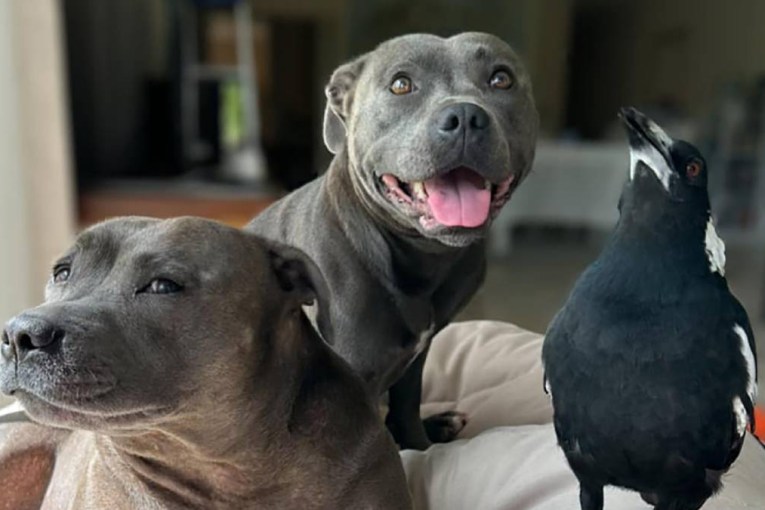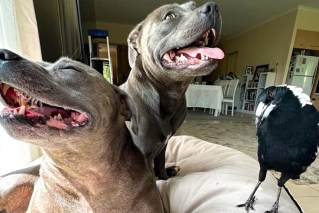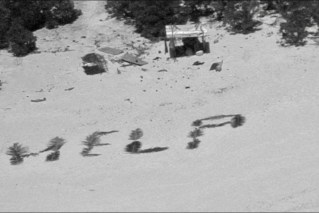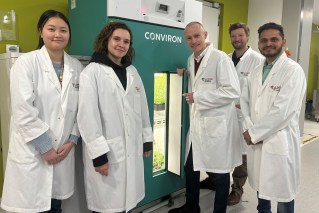Aussies invent gizmo for Parkinson’s falls
Australian scientists have invented a device that warns people with Parkinson’s disease when they are in danger of a bone-breaking fall.
Although backed by serious science, it’s a simple headband that gives people time to stabilise themselves before they suffer an unexpected freeze in their walking, which is common in Parkinson’s disease.
Most Parkinson’s patients are older than 60, and broken bones are one of their biggest dangers.
They often end up in a nursing home because of a broken hip, says research leader Associate Professor Simon Lewis of the Brain and Mind Research Institute at the University of Sydney.
“Frozen gait destroys people’s lives and independence.
“People are 10 times more likely to go into a nursing home with Parkinson’s disease than with just ageing, and broken bones from freezing is a major cause of this.”
More than 60,000 Australians have Parkinson’s at any time, and almost all eventually suffer from freezing of gait.
“Patients suddenly feel as though their feet have become stuck to the ground,” said Dr Lewis.
The development of the device follows his team’s breakthrough discovery of a way to monitor a change that occurs in brain activity several seconds before a freeze.
It can be set up to emit an early warning sound or vibration.
“It’s really good,” said Parkinson’s patient Dennis O’Connor, who has participated in an early trial.
“I’m always falling. I have to have someone with me all the time.
“With the headband you know when to stop and hold onto something.
“Otherwise, I take a great big step and it stops the freeze. All people with a gait problem have their own way of doing things.”
Prof Lewis has been awarded National Health and Medical Research Council funding to continue the research.
Future developments could include a way to help people keep walking, possibly by projecting a line on the floor that they must step over.
There could also be a way to combine the device with deep-brain stimulation to prevent freezing altogether.
“We are recruiting people to participate in a larger study,” he said.
“They will wear the device during their day-to-day activities and we will measure how it effective it is in the real world.”
Parkinson’s NSW CEO Miriam Dixon was optimistic the device could help people avoid falls caused by freezing.
“Patients are terrified that breaking a hip will trigger their admission to a nursing home.”
* People interested in participating in the study can write to [email protected]








